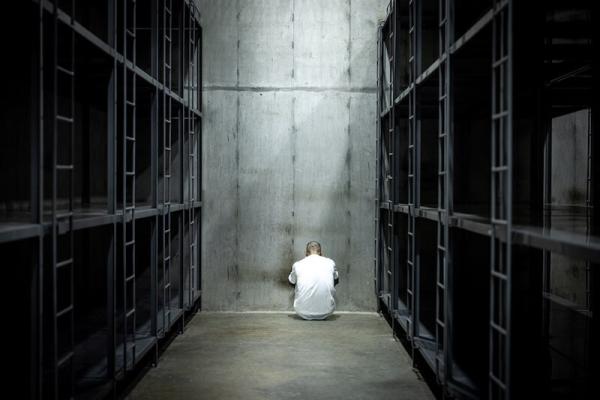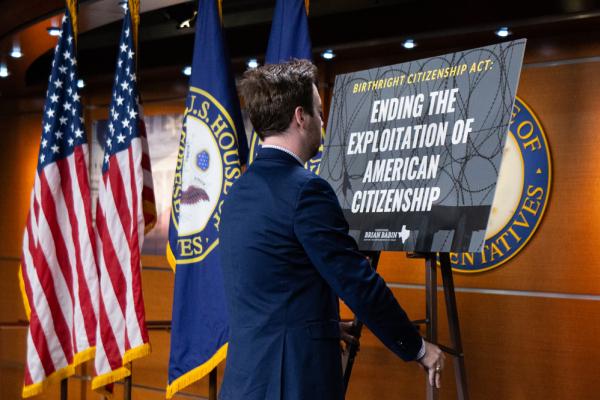The U.S. Bureau of Prisons has no immediate plans to send thousands of people released to home confinement during the COVID-19 pandemic back to prison, but may have to do so unless Congress takes action, the head of the bureau said Thursday.
“We're going to use good judgment and common sense and work within the law,” said BOP Director Michael Carvajal in testimony before the Senate Judiciary Committee, noting the agency has no desire to “arbitrarily” disrupt peoples' lives by forcing them to return to prison.
In March 2020, Congress authorized the Justice Department to declare an emergency so it could expand the pool of people in federal prison who could qualify for home confinement, in order to contain COVID-19's spread.
In January, however, the department published a memo saying that once the emergency is lifted, the BOP would no longer have the authorization to continue allowing their release. As a result, the bureau would have to “recall prisoners in home confinement to correctional facilities.”
According to Carvajal, about 4,000 of the roughly 7,400 people currently serving sentences in home confinement would have to return to prison.
In April of 2020, Sojourners reported on faith leaders who were calling for the release of people in prisons and jails as a safety measure.
“We say [American prisons are] about public safety, but what they’re really about is retribution and banishment, and that’s becoming particularly clear in this COVID-19 crisis,” Hannah Bowman, founder of Christians for Prison Abolition, told Sojourners in 2020. “Public health is a part of public safety, and what we're hearing is that having people in prison is a major public health threat to them.”
In recent weeks, criminal justice reform advocacy groups and members of Congress have called on the White House and the Justice Department to rescind the memo, saying acting on it will destroy the lives of thousands of people who pose little public safety risk and have already landed jobs or returned to school and tried to reintegrate into society.
“If they can stay where they are, it's going to save the taxpayers a lot of money, and it would also help people who aren't prone to re-offend and allows [them] to successfully re-enter society as productive citizens,” Sen. Chuck Grassley (R-Iowa) said on Thursday, noting that of the roughly 24,000 people who were released home since March 2020, only 151 had violated the terms of their release.
“The president recently extended the national emergency,” Carvajal said. “There's no rush to bring [them] back.”
Reuters reporting contributed to this story.
Got something to say about what you're reading? We value your feedback!







